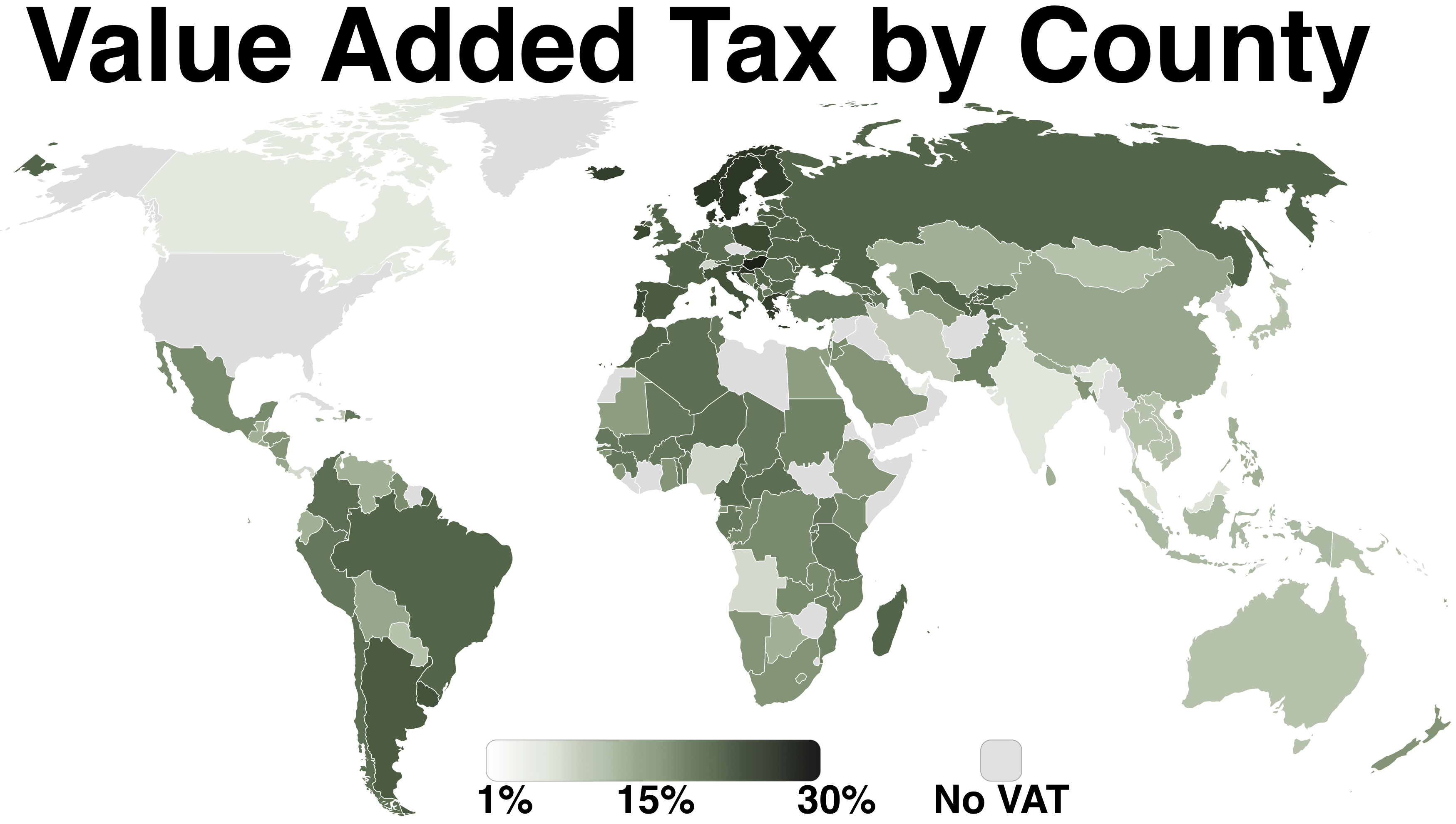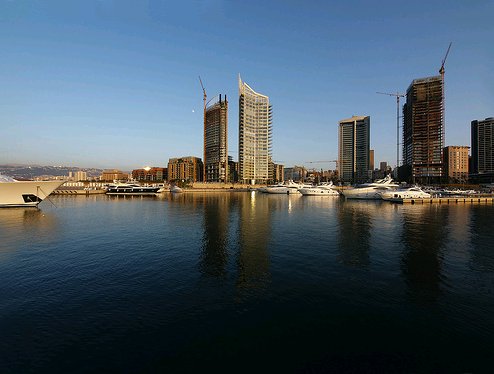|
Part Exchange
__NOTOC__ A part exchange or part exchange deal is a type of contract. In a part exchange, instead of one party to the contract paying money and the other party supplying goods/services, both parties supply goods/services, the first party supplying part money and part goods/services. Whether a part exchange is a sale or a barter is a fine point of law. It depends from whether a monetary value is assigned to the non-money goods supplied. Several cases at law clarify this. In the case of ''Flynn v Mackin and Mahon'', an old car was supplied in part exchange for a new car, along with £250. This was held to be a barter, because no monetary value was affixed to the old car. However, in ''Aldridge v Johnson'', a similar transaction was held to be a sale, because a monetary value was assigned to the item being exchanged (23 bullocks, valued at £192), and cash then used to make up the difference to the price of the item being purchased (100 quarters of barley, valued at £215). If ... [...More Info...] [...Related Items...] OR: [Wikipedia] [Google] [Baidu] |
Contract
A contract is a legally enforceable agreement between two or more parties that creates, defines, and governs mutual rights and obligations between them. A contract typically involves the transfer of goods, services, money, or a promise to transfer any of those at a future date. In the event of a breach of contract, the injured party may seek judicial remedies such as damages or rescission. Contract law, the field of the law of obligations concerned with contracts, is based on the principle that agreements must be honoured. Contract law, like other areas of private law, varies between jurisdictions. The various systems of contract law can broadly be split between common law jurisdictions, civil law jurisdictions, and mixed law jurisdictions which combine elements of both common and civil law. Common law jurisdictions typically require contracts to include consideration in order to be valid, whereas civil and most mixed law jurisdictions solely require a meeting of the mind ... [...More Info...] [...Related Items...] OR: [Wikipedia] [Google] [Baidu] |
Sales
Sales are activities related to selling or the number of goods sold in a given targeted time period. The delivery of a service for a cost is also considered a sale. The seller, or the provider of the goods or services, completes a sale in response to an acquisition, appropriation, requisition, or a direct interaction with the ''buyer'' at the point of sale. There is a passing of title (property or ownership) of the item, and the settlement of a price, in which agreement is reached on a price for which transfer of ownership of the item will occur. The ''seller'', not the purchaser, typically executes the sale and it may be completed prior to the obligation of payment. In the case of indirect interaction, a person who sells goods or service on behalf of the owner is known as a salesman or saleswoman or salesperson, but this often refers to someone selling goods in a store/shop, in which case other terms are also common, including '' salesclerk'', ''shop assistant'', and ''r ... [...More Info...] [...Related Items...] OR: [Wikipedia] [Google] [Baidu] |
Barter
In trade, barter (derived from ''baretor'') is a system of exchange in which participants in a transaction directly exchange goods or services for other goods or services without using a medium of exchange, such as money. Economists distinguish barter from gift economies in many ways; barter, for example, features immediate reciprocal exchange, not one delayed in time. Barter usually takes place on a bilateral basis, but may be multilateral (if it is mediated through a trade exchange). In most developed countries, barter usually exists parallel to monetary systems only to a very limited extent. Market actors use barter as a replacement for money as the method of exchange in times of monetary crisis, such as when currency becomes unstable (such as hyperinflation or a deflationary spiral) or simply unavailable for conducting commerce. No ethnographic studies have shown that any present or past society has used barter without any other medium of exchange or measurement, and an ... [...More Info...] [...Related Items...] OR: [Wikipedia] [Google] [Baidu] |
Value Added Tax
A value-added tax (VAT), known in some countries as a goods and services tax (GST), is a type of tax that is assessed incrementally. It is levied on the price of a product or service at each stage of production, distribution, or sale to the end consumer. If the ultimate consumer is a business that collects and pays to the government VAT on its products or services, it can reclaim the tax paid. It is similar to, and is often compared with, a sales tax. VAT is an indirect tax because the person who ultimately bears the burden of the tax is not necessarily the same person as the one who pays the tax to the tax authorities. Not all localities require VAT to be charged, and exports are often exempt. VAT is usually implemented as a destination-based tax, where the tax rate is based on the location of the consumer and applied to the sales price. The terms VAT, GST, and the more general consumption tax are sometimes used interchangeably. VAT raises about a fifth of total tax revenues bo ... [...More Info...] [...Related Items...] OR: [Wikipedia] [Google] [Baidu] |
Barratt Homes
Barratt Developments plc is one of the largest residential property development companies in the United Kingdom operating across England, Wales and Scotland. It was founded in 1958 as Greensitt Bros., but control was later assumed by Sir Lawrie Barratt. It was originally based in Newcastle upon Tyne but is now located at David Wilson's former offices in Coalville, Leicestershire. It has been listed on the London Stock Exchange since 1968, and is a constituent of the FTSE 100 Index. History In 1953, Lawrie Barratt, an accountant who was frustrated at the high purchase prices of houses for first-time buyers, bought five acres of land at Darras Hall, near Newcastle upon Tyne and built his own home on the site. Following this experience, he joined forces with Lewis Greensitt, a Newcastle builder, to establish a house building business, which was initially known as Greensitt Brothers, in 1958. The company was floated on the Stock Exchange in 1968 as Greensitt & Barratt by whi ... [...More Info...] [...Related Items...] OR: [Wikipedia] [Google] [Baidu] |
Real-estate Developer
Real estate development, or property development, is a business process, encompassing activities that range from the renovation and re-lease of existing buildings to the purchase of raw land and the sale of developed land or parcels to others. Real estate developers are the people and companies who coordinate all of these activities, converting ideas from paper to real property. Real estate development is different from construction or housebuilding, although many developers also manage the construction process or engage in housebuilding. Developers buy land, finance real estate deals, build or have builders build projects, develop projects in joint venture, create, imagine, control, and orchestrate the process of development from the beginning to end.New York Times, March 16, 1963, "Personality Boom is Loud for Louis Lesser" Developers usually take the greatest risk in the creation or renovation of real estate and receive the greatest rewards. Typically, developers purchase a t ... [...More Info...] [...Related Items...] OR: [Wikipedia] [Google] [Baidu] |
Trade
Trade involves the transfer of goods and services from one person or entity to another, often in exchange for money. Economists refer to a system or network that allows trade as a market. An early form of trade, barter, saw the direct exchange of goods and services for other goods and services, i.e. trading things without the use of money. Modern traders generally negotiate through a medium of exchange, such as money. As a result, buying can be separated from selling, or earning. The invention of money (and letter of credit, paper money, and non-physical money) greatly simplified and promoted trade. Trade between two traders is called bilateral trade, while trade involving more than two traders is called multilateral trade. In one modern view, trade exists due to specialization and the division of labour, a predominant form of economic activity in which individuals and groups concentrate on a small aspect of production, but use their output in trades for other products ... [...More Info...] [...Related Items...] OR: [Wikipedia] [Google] [Baidu] |



.jpg)

